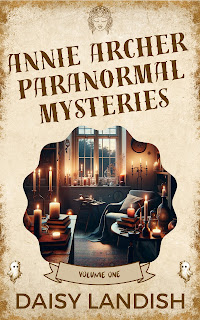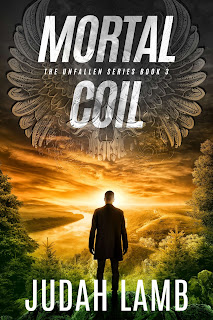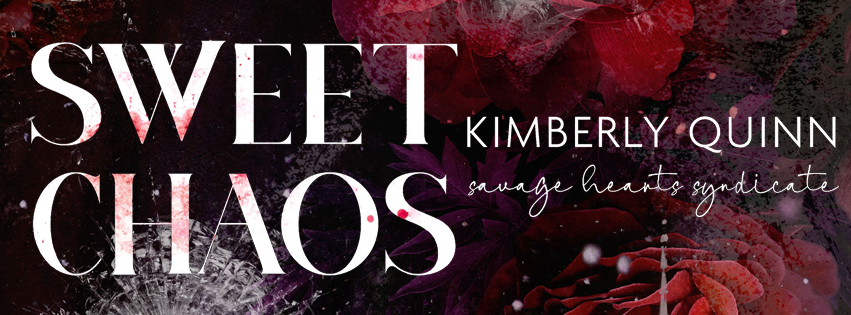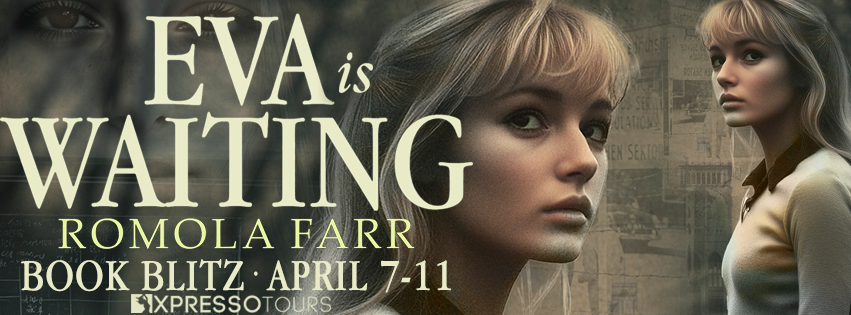***An IWIC Hall of Fame Novel***
***Winner 2017 National Indie Excellence Award***
"This book needs to join the ranks of the classic survivor stories of WWII
such as "Diary of Anne Frank" and "Man's Search for
Meaning". It is truly that amazing!" InD'taleMagazine
"This family saga is wonderfully written and, aside from the emotional ramifications,
very easy to read. I stayed up too late a couple of nights reading it...I
highly recommend this book!" Long and Short Reviews
Spanning thirteen years from 1940 to 1953 and set against the epic panorama of
WWII, author Annette Oppenlander's SURVIVING THE FATHERLAND is a sweeping saga
of family, love, and betrayal that illuminates an intimate part of history
seldom seen: the children's war.
SURVIVING THE FATHERLAND tells the true and heart-wrenching stories of Lilly
and Günter struggling with the terror-filled reality of life in the Third
Reich, each embarking on their own dangerous path toward survival, freedom, and
ultimately each other. Based on the author's own family and anchored in
historical facts, this story celebrates the resilience of the human spirit and
the strength of war children.
When her father goes off to war, seven-year-old Lilly is left with an unkind
mother who favors her brother and chooses to ignore the lecherous pedophile
next door. A few blocks away, twelve-year-old Günter also looses his father to
the draft and quickly takes charge of supplementing his family's ever-dwindling
rations by any means necessary.
As the war escalates and bombs begin to rain, Lilly and Günter's lives spiral
out of control. Every day is a fight for survival. On a quest for firewood,
Lilly encounters a dying soldier and steals her father's last suit to help the
man escape. Barely sixteen, Günter ignores his draft call and embarks as a
fugitive on a harrowing 47-day ordeal--always just one step away from
execution.
When at last the war ends, Günter grapples with his brother's severe PTSD and
the fact that none of his classmates survived. Welcoming denazification, Lilly
takes a desperate step to rid herself once and for all of her disgusting
neighbor's grip. When Lilly and Günter meet in 1949, their love affair is like
any other. Or so it seems. But old wounds and secrets have a way of rising to
the surface once more.
Excerpt:
Chapter Two
Günter: May 1940
“Attention!
Feet together, arms down, hands at your pant seams. Look straight. Stand
still,” the boy shouted. He was no more than sixteen, and the khaki uniform
hung in folds around his narrow chest. The hair around his ears, shaved to the
skin, left a tuft of blonde on top like a bird’s nest.
He paced up
and down in front of us, a row of eleven year-old boys, his eyes narrowed into
angry slits. “Men,” he yelled, “you are the future soldiers of Germany. You
don’t fight to die, but to win.” He yanked open a book. “I quote. Nothing is
more important than your courage. Only the strong person, carried by belief and
the fighting desire of your own blood, will be master during danger.” The book
snapped shut. “I expect absolute obedience.”
I stood next
to my best friend, Helmut, at the sports stadium where the local Hitler youth
met for drill. We’d lined up in rows of three deep in the middle of the
grass-covered field. Another boy with red and blue patches on his shirt
appeared in front of us.
“Tuck in
your shirt, pull up your socks,” he said, pointing at Helmut. “Look at the
filth on your shoes. This is no way to dress. Show some pride.”
From the
corner of my eye, I watched Helmut adjust his shirt and rub his shoes. Helmut
sometimes forgets about these things. Thankfully my own socks stretched to just
below my knees. Still, I held my breath as the boy passed by. Earlier today
we’d bought a uniform: black shorts and beige shirt, neckerchief with leather
knot, armband, and the best part, a brand-new knife. Mother had grumbled about
spending so much money.
“But Mutter,
all boys have to go,” I’d argued after we left the store. “They told us at
school. It’s our duty.” I didn’t tell her how excited I’d been about my new
outfit. Most of the time I get the hand-me-downs from my older brother, Hans.
“What’re
they going to do with you?” she’d said, her voice stern with irritation.
“Make fires
and camp.” I didn’t tell Mother that I couldn’t wait trying out my new knife
and going on adventures with a bunch of boys.
Now I waited
in a line and couldn’t move a muscle. Stupid.
“Attention!
Turn left, march! One, two, one, two, follow me.” Birdsnest headed down the
field while the other youth observed, waiting for us to trip and fall out of
line. We marched back and forth, left and right, crisscrossing the field. What
a bore.
The air
smelled of early summer and warmth. Dandelions and forget-me-nots dotted the
grass like a colorful carpet. Imitating my classmates, I fought the urge to
look around, keeping my head straight toward the horizon as if I could see what
was coming a mile away.
A man in a
brown uniform with a red armband watched from the sidelines. Distracted for a
moment, I stepped on the heels of the fellow in front.
“Ouch,” the
boy yelled. “Watch yourself, idiot.”
“You’re the
idiot. Why did you stop?” I said.
Birdsnest
materialized in front of us. “What’s going on here?”
“He stepped
on me,” the other boy said.
My cheeks
felt hot. “He suddenly stopped.”
“Name.”
“What?”
“Your name.”
“Günter
Schmidt.”
“Listen to
me, Günter.” Birdsnest’s eyes narrowed. “Quit playing around. You’re training
to become a soldier. On the ground. Give me twenty pushups, quick.”
“Yes, sir.”
I hurriedly dropped to the grass and hid my face because my head had turned
into a super-heated balloon ready to fly away.
Out of
breath I returned to the row, swallowing the choice words choking me. The
marching continued, followed by singing:
“Our flag
flies in front of us;
To the
future we trek man for man,
We march for
Hitler through night and adversity
With the
youth’s flag for freedom and bread.
Our flag
flies in front of us,
Our flag is
the new era,
Our flag
leads us into eternity,
Yes, the
flag is more than death.
Birdsnest
continued reading from his book about becoming heroes, but my thoughts, sped up
by the gnawing in my stomach, wandered to the dinner waiting at home. On
dismissal, Birdsnest gave me a nasty look before reminding us to practice
marching and standing to attention. He never mentioned camping or making fires.
Boring. We weren’t allowed to use our
knives either. Worse, we’d have to go again Saturday.
By the time
I arrived at my house, it was late and I was in a rotten mood. Helmut is much
more of a talker, but he was grumpy, too, and we’d walked home in silence.
I lived on
the first floor of an apartment house on Weinsbergtalstrasse, one of a
row of identical three-story homes. Recently built of brick and stucco, they
were considered modern, each house painted the same pale green except for an
occasional flower box in a white-framed window. I loved our new water closet.
You pulled on the chain, which I was strictly forbidden to play with, and the
water released from a tank under the ceiling, flushing everything away. Helmut
still had an outhouse.
Entering our
flat, I tossed my cap in the corner and headed to the kitchen. “I’m hom—”
The words
stuck in my throat because the table, set for five, was untouched, the room
deserted. A sense of unease crept up inside me, quickly forgotten because of
the delicious smell emanating from the cast-iron pot. I lifted the lid and let
out a sigh: bean soup with ham and smoked sausage. I glanced at the clock,
seven-thirty. No wonder I was starving.
We never ate
later than six. Something was wrong.










































































1 comments:
Thank you for posting
Post a Comment